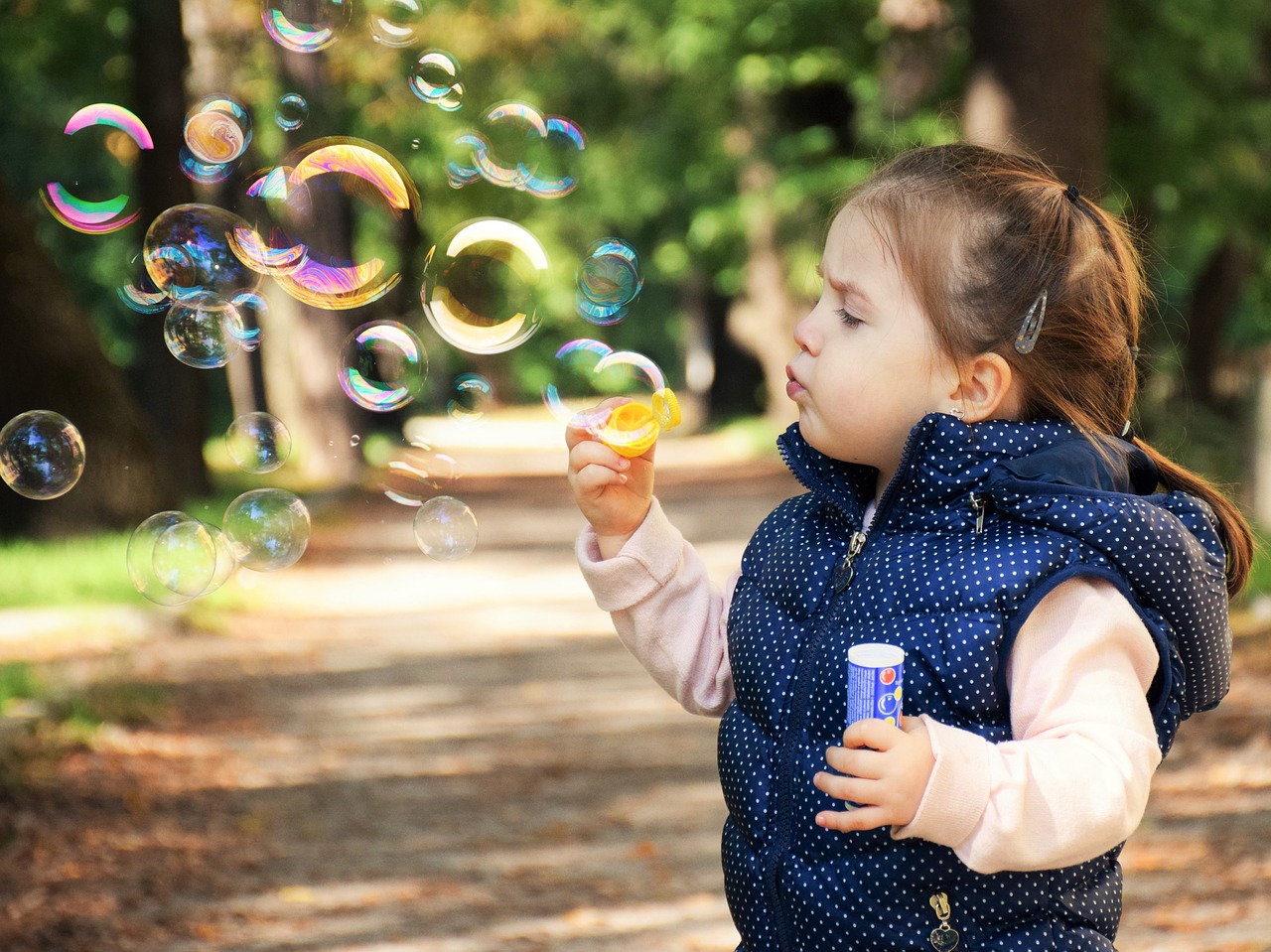
How can I go up to my father if the (Naar) boy is not with me?… (Breishis 44:34)
Sometimes a verse in the Torah can be learned as a freestanding statement abstract from the context of the narrative. Here Yehuda is desperately pleading to rescue his youngest brother Benyamin and he utters a few words that have deep significance to each and every one of us, “How can I go up to my father and the NAAR- the youth is not with me!?”
We are all children of HASHEM, literally, as the verse explicitly states, “Banim Atem L’HASHEM Elocheichem” – You are children of HASHEM your G-d!” (Devarim 14:1) We are gifted with an inherent and unbreakable bond with HASHEM. A parent -child relationship is forever. The love is unconditional. It can be developed and enhanced but it is not an artificially crafted or abstract construct. It’s natural! We come into this world installed with this program. It’s part of our spiritual DNA. We have this natural attraction and yearning to come close to HASHEM, like a child’s desire to be near his father, or like a smaller magnet is drawn to a larger magnet.
With all this, it is still possible for barriers to be erected that weaken that magnetic pull. It is relatively easy to put a child’s picture or a test on the fridge with a magnet. Only a slim piece of paper stands between the magnet and the metal but if layers and layers of papers are added, it becomes increasingly difficult and even impossible for the magnet and the fridge to detect the attraction. Certainly, if one attempts to place the entire Sunday Times on the fridge, no magnetism can be felt through that thick impediment. The attraction is still there. It always was, and always will be, but there is a blockage.
More than once I have had people tell me, “Rabbi, please talk to my niece. She’s an atheist!” My answer is always the same. “Tell your niece there’s a guy named Label Lam who does not believe that she is really an atheist!” When I do meet a person who feels this way, it is usually based on some deep emotional component, and they feel anger towards G-d! It’s not that they don’t believe. They are busy being angry at a G-d they claim does not exist.
If just some layers of antipathy can be melted, healed or peeled away then a powerful pull will immediately be felt again.
Now let’s go back to Yehuda’s expression, “How can I go up to my father and the youth is not with me?!” Although Shakespeare had said it, “You can’t take it with you”, and Lord knows the Pharaoh’s tried with all their might but were unsuccessful, there is something that we can and we must take with us. How can we go up to our Father in Heaven without that sweet, innocent, playful, and wholesome child!? How did we allow that essential part of our being to become buried in negativity and cynicism!?
What is the nature of this “youth”? The Baal Shem Tov said that we can learn three important things from little children. Number one, that they are constantly curious; their heads are always turning; they’re exploring, and they’re testing the limits of everything, including their parent’s patience. Number two, they’re happy with the smallest things. We think they need sophisticated toys, but they’re often content to play with the box or the wrapper the toy came in, or to paint the highchair, and their little brother with chocolate yogurt. And number three, when they want something badly enough, they cry out to their father.
And so even we, in our advanced age, we can learn to be curious about the mysteries of HASHEM’s universe and His Torah; to be content, and excited, and appreciate even the smallest things; and when we want something badly enough, to cry out to our Father is Heaven, Avinu Sh’B’Shemayim.
Yehuda’s rhetorical question reverberates through the cosmos even still. How can we go up to our father and the youth is not with us?! Curiosity and idealism are the signs of youthfulness along with a child’s natural love for his father. It’s something that carries us happily through life and we take it with us when we go up to our Father in Heaven. King Dovid wrote, “NAAR Hayisi Gam Zakanti” – “I was youthful – I am also old”. It’s not a contradiction at all. It may be required, even while old, to be forever youthful.


